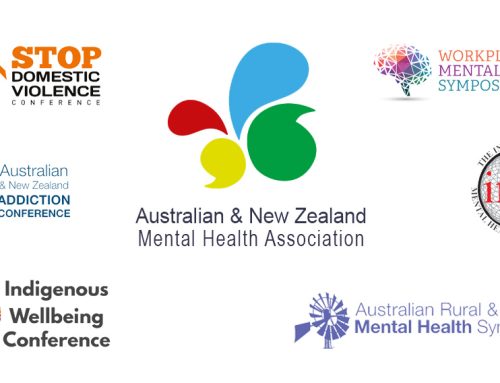The prevalence of hepatitis C in people with mental illness is known to be higher than it is in the general population, but recent medical advances present an opportunity to address this. In a new campaign called Change of Mind, Hepatitis NSW is encouraging people who live with hep C and who also experience mental health issues, to reconsider treatment for their hep C.
Academic studies have found rates of hep C between 3% and 42% amongst people in Australian psychiatric hospitals[1], compared to just 1% population-wide. As with other physical health issues, some health professionals may undertreat hep C among people living with mental illness. There are a number of reasons for this, including the difficult side effects of previous treatments.
However, the treatment for hepatitis C has been revolutionised in the past 12 months with the introduction of Direct Acting Antiviral medications with very high cure rates and minimal side effects. Importantly, these medications have replaced previous hep C drugs that caused mental health side-effects, including causing or exacerbating depression.
Hepatitis NSW is concerned that a lack of awareness of this treatment revolution is preventing greater uptake of these new treatments. To counter this, Hepatitis NSW is running a community-based hep C treatment campaign from now until July 2017, with a particular focus on engaging with mental health care coordinators. This campaign will emphasise three specific messages:
- Hep C is higher among people with diagnosed mental health issues
- The good news is that hep C can now be easily treated, and cured
- Even more good news: curing hep C can have multiple health benefits, including in terms of mental health benefits
Support groups across NSW are encouraged to foster discussion of hep C treatment. Hepatitis NSW will be working with NGO mental health service delivery organisations in NSW. Community mental health organisations engaged in direct service delivery to people who experience mental health issues are also encouraged to get behind this campaign, and help make hep C treatment a reality. For more information about hep C, and the new treatments, visit www.hep.org.au or call the Hepatitis Infoline on 1800 803 990.
[1] Rose Grenville, Cama Elena, Brener Loren, Treloar Carla (2013) Knowledge and attitudes towards hepatitis C and injecting drug use among mental-health support workers of a community managed organisation. Australian Health Review 37, 654-659



